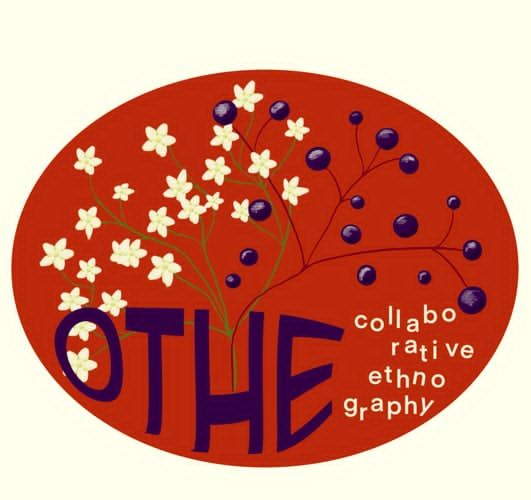Duj Dzséne – Ketten
Nyelvészeti Etnográfiai Folyóirat
Duj Džene – Two Together
Journal of Linguistic Ethnography
ISSN 3057-8493 (Print)
ISSN 3057-8639 (Online)
Kiadja a Ketháne: cigány–magyar közösség, Budapest és Tiszavasvári
A nyelvi részvétel előmozdítása a kollaboratív kutatás révén (OTKA K146393)
Published by the Kethane: Roma–Hungarian Society, Budapest and Tiszavasvári
Enhancing linguistic citizenship through participatory research (project reference: OTKA K146393)


